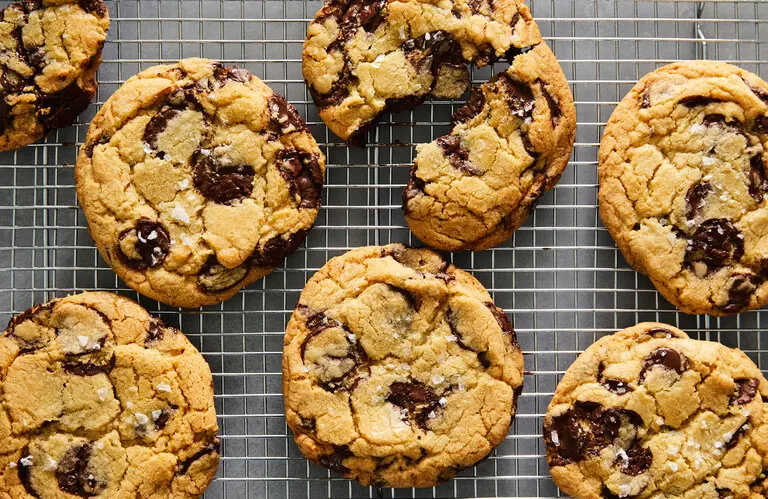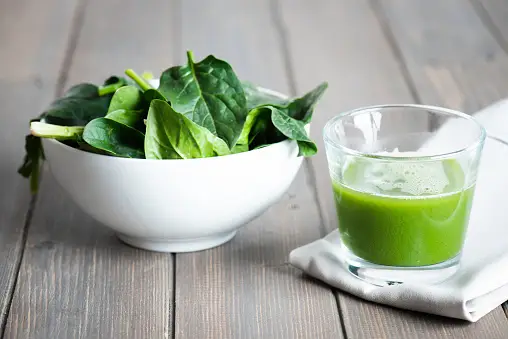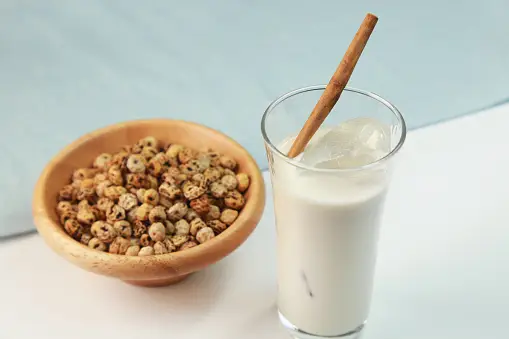The best nutrition for babies comes from breast milk, which contains various nutrients that boosts growth, development and offer immunity.
Breast milk is excellent for babies. However, some mothers find it extremely difficult to produce enough milk for their infants, which can be worriesome.
In light of this, numerous rumors have surfaced suggesting that palm wine may help increase breast milk production.
In this article, we will explore the facts about palm wine and its impact on breast milk production, among other things.
What is palm wine?
Palm wine is an alcoholic beverage made from the fermented sap of certain palm trees in Asia and Africa. It is a sweet, milky, and effervescent alcoholic beverage widely consumed in certain African countries, including Nigeria. It is a traditional drink in Nigeria and is commonly served at funerals, weddings, and ceremonies.
Composition of palm wine
Palm wine contains sugar, amino acids, proteins, and minerals like cadmium, cobalt, calcium, copper, and lead. The sucrose concentration in fresh palm wine is usually higher, but it decreases after a few days of fermentation.
The percentage of alcohol in palm wine increases as the fermentation period progresses. It increases from 4% after a couple hours of fermentation to about 15% in 24 hours.
Should a breastfeeding mother drink palm wine?
It is not recommended for a breastfeeding mother to consume palm wine, mainly because it contains approximately 5% alcohol, which is a high percentage that is harmful to the baby. Alcohol can pass from breast milk into the baby's bloodstream, affecting them in both the short and long term.
Why do some mothers produce low amounts of breast milk?
While breastfeeding is a natural and intuitive process for many mothers, some women encounter challenges with milk production. Here are some reasons mothers can produce low amounts of breast milk;
- Underlying medical conditions: Certain medical conditions can directly impact milk production. For example, Polycystic Ovary Syndrome (PCOS) disrupts ovarian hormone function, potentially affecting milk-producing hormones like prolactin. Similarly, thyroid imbalances or diabetes can also influence milk supply.
- Excessive blood loss: Significant blood loss during childbirth can temporarily deplete the body's resources, potentially impacting milk production as the system prioritizes recovery.
- Anatomical abnormalities: Rare medical conditions that affect breast tissue or milk ducts can present physical barriers to milk production.
- Hormonal birth control: Certain birth control pills containing estrogen and progesterone can suppress lactation hormones, leading to decreased milk production.
- Use of certain medications: Some medications, such as antihistamines or decongestants, can have temporary side effects like decreased milk production.
Foods that boost breast milk production
Various indigenous foods can boost milk production as a breastfeeding mum. Some of which include;
- Pap
- Kunu
- Pawpaw
- Ofada rice or brown rice
- Bitter leaf soup
- Moringa leaves
- Watermelon
- Oatmeal
- Fura dé Nunu(Milk and millet gruel)
Myth or Fact: Does palm wine increase breastmilk production?
There is no scientific evidence to support the claims that palm wine increases breast milk production. Therefore, it's a myth that palm wine increases breast milk production. Palm wine doesn't increase breast milk production.
Side effects of drinking palm wine as a breastfeeding mum
Drinking palm wine while nursing has several drawbacks, the most serious of which is harm to the unborn child.
Taking palm wine delays the milk release, which goes against the idea that it will increase milk production.
The baby is also put to sleep and unable to suckle due to the sedative effects of the alcohol in palm wine. Studies have shown that some infants have stopped nursing, most likely as a result of alcohol changing the taste of the milk.
Additionally, research indicates that babies who are exposed to alcohol consume 20% less milk. Despite popular belief and usage, palm wine decreases milk flow and is a detrimental practice.
It is advisable to stop engaging in this harmful practice because there are several ways to enhance breast flow, including resting, eating healthily, and getting enough sleep.
Frequently Asked Questions(FAQs)
1. Can I drink palm wine when breastfeeding?
It is not safe to drink palm wine as a breastfeeding mothers.
2. Why is my breast milk not flowing well?
Your breastmilk may not be flowing because you're stressed, sick or might have lost excess blood.
3. Can I take pap for my breast milk to flow?
You can take pap to increase the flow of your breast milk.










Comments